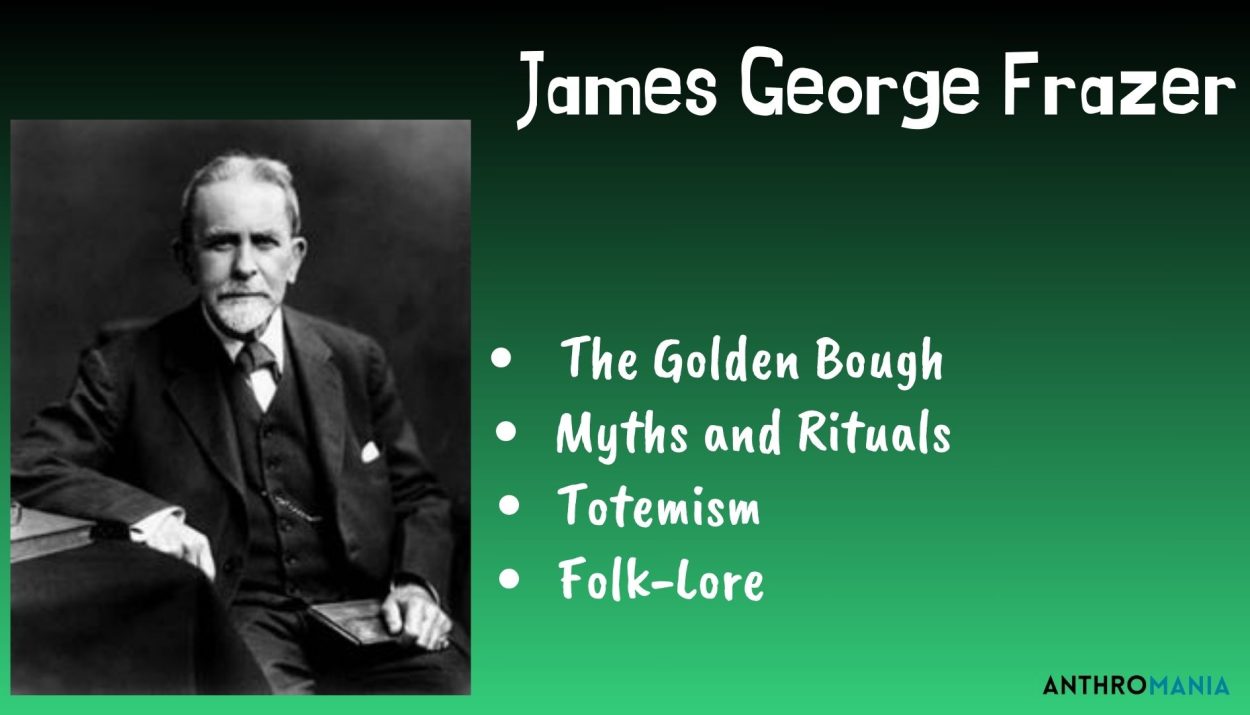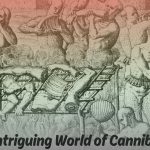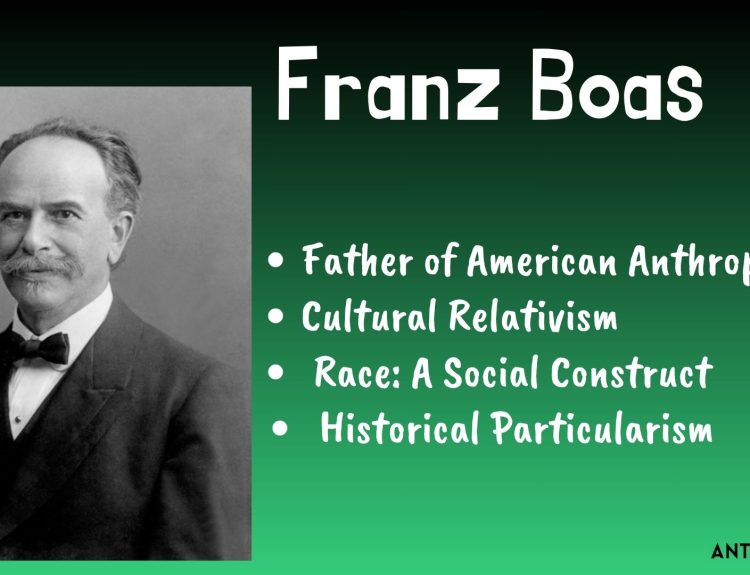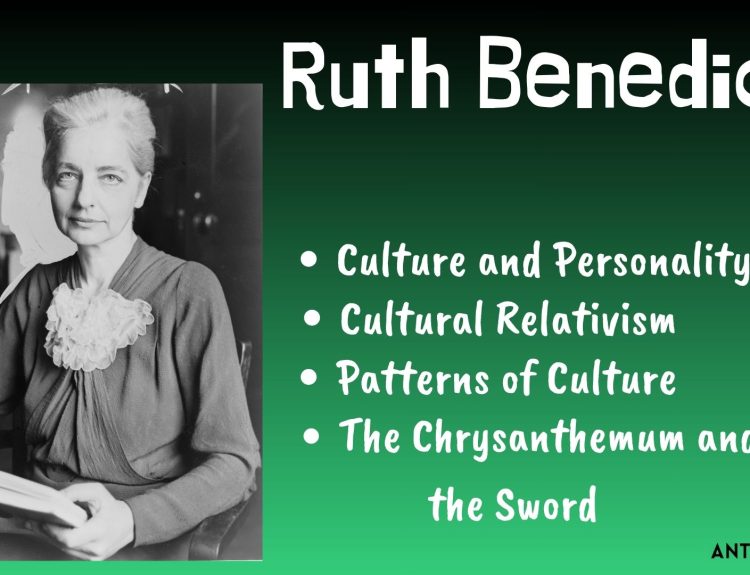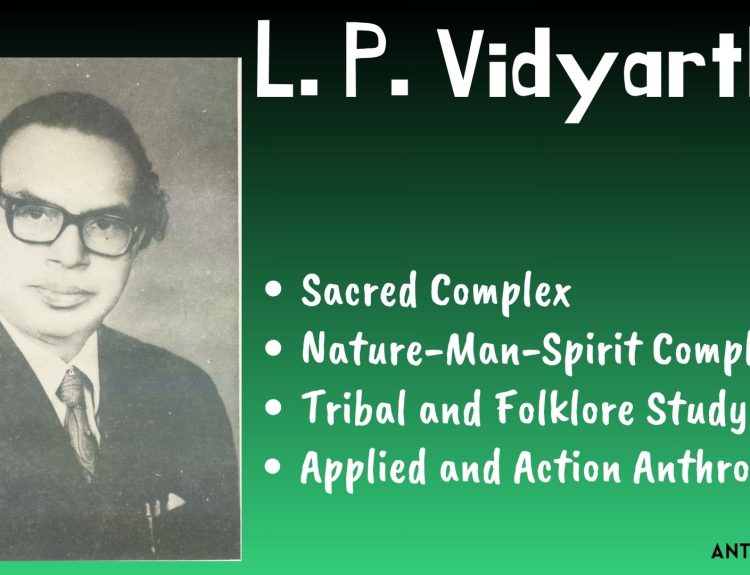James George Frazer, a distinguished Scottish anthropologist, left an indelible mark on the field with his groundbreaking contributions. This article delves into Frazer’s key insights and enduring impact on anthropology.
Life and Academic Journey
Born on January 1, 1854, in Glasgow, Scotland, James George Frazer pursued his studies in Classics at the University of Glasgow. Later, he continued his academic journey at Trinity College, Cambridge, graduating with honours in Classics in 1878. His dissertation, eventually published in the book “The Growth of Plato’s Ideal Theory,” showcased his scholarly prowess.
In 1907, Frazer assumed the role of a professor of social anthropology at Liverpool. However, after just one session, he returned to Cambridge, where he spent the remainder of his life. James George Frazer died on May 7, 1941, in Cambridge, Cambridgeshire, England.
Frazer’s contributions
Frazer specialized in the exploration of mythology and religion, showcasing his expertise in The Golden Bough. This impressive compilation delved into the customs, rituals, and beliefs of diverse cultures across the globe.
James George Frazer’s magnum opus, “The Golden Bough,” (1890) is a foundational text in comparative religion. Frazer meticulously explored the evolution of religious beliefs and rituals across diverse cultures, revealing common threads that transcend geographical and historical boundaries. His analytical approach laid the groundwork for understanding the universal aspects of human spirituality.
The central theme of the work revolves around Frazer’s theory, which posits a general progression of modes of thought from the magical, through the religious, and ultimately to the scientific. “The Golden Bough” focuses on the intriguing combination of priestly and kingly roles in the widespread phenomenon of “divine kingships,” observed in various regions, including Africa. Frazer contends that the establishment of divine kingship originated from the belief that the well-being of social and natural orders hinged on the king’s vitality. Consequently, when the king’s powers waned, he had to be ritually slain and replaced by a robust successor.
This comprehensive study not only dissected religious practices but also introduced the concept of sympathetic magic and the idea of cultural parallels. Frazer’s in-depth analyses extended to the rich tapestry of mythology and rituals. His work elucidated the symbolic meanings embedded in cultural practices, offering a framework for comprehending the role of myths and rituals in reinforcing social cohesion. By unravelling these meanings, Frazer provided a nuanced understanding of cultural practices worldwide.
Some of Frazer’s notable works include “Totemism and Exogamy” (1910), “Folk-Lore in the Old Testament” (1918) and “The Belief in the Immortality and Worship of the Dead” (1913).
Conclusion
James George Frazer’s contributions to anthropology stand as a testament to his intellectual rigour and the enduring impact of his work. Frazer’s monumental work, “The Golden Bough,” represents a landmark in anthropological literature. Frazer’s meticulous research paved the way for future anthropologists to comprehend the intricate tapestry of human cultural expression.
References
James George Frazer- Wikipedia


